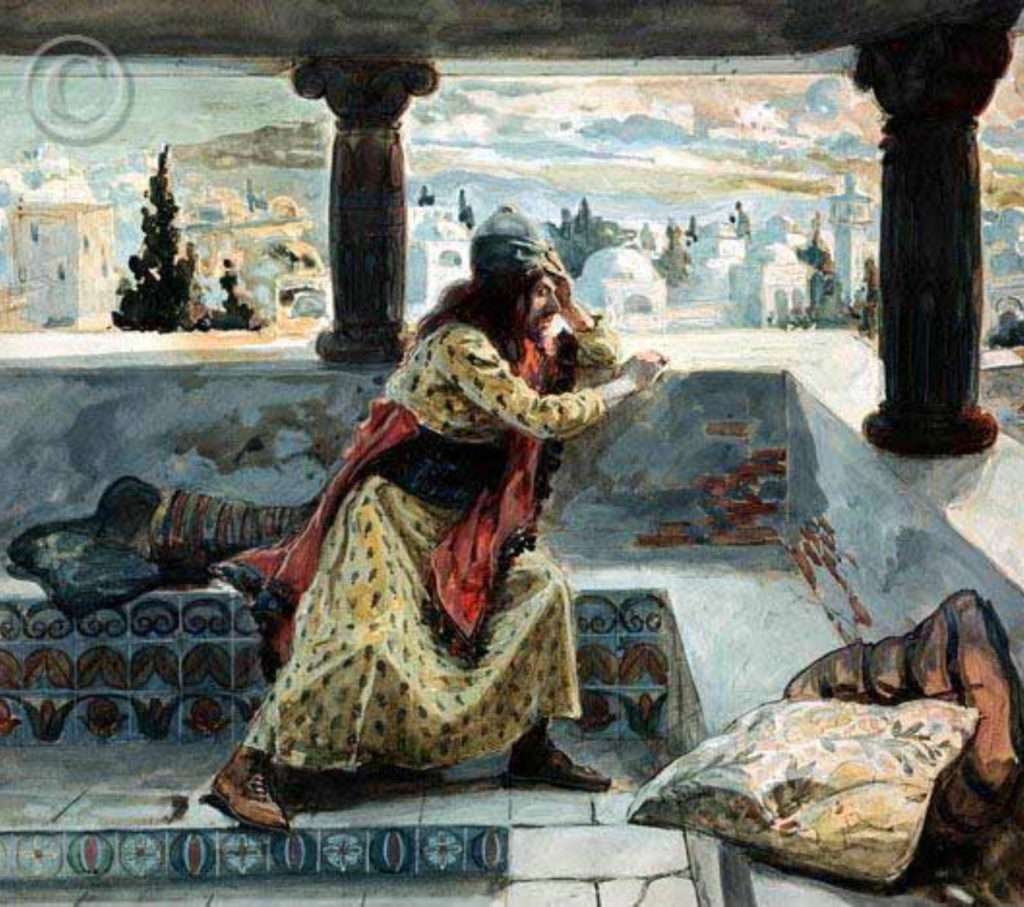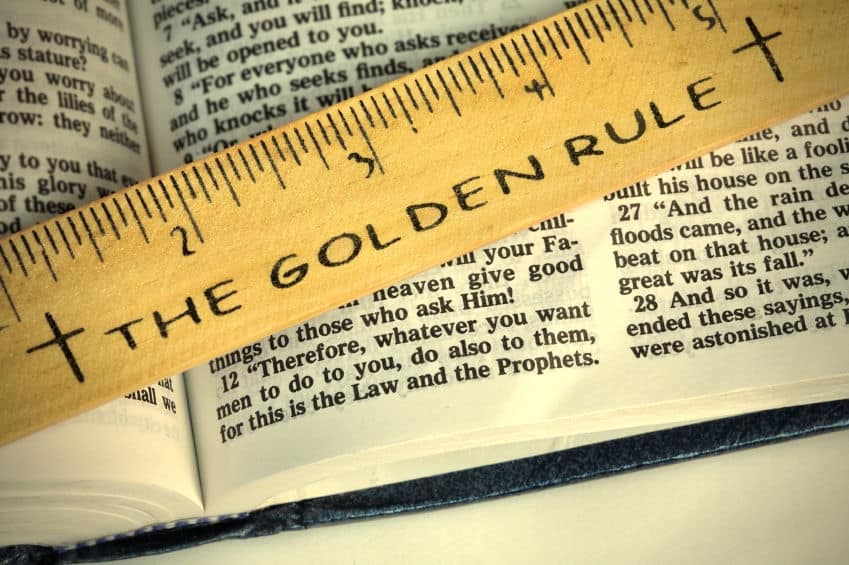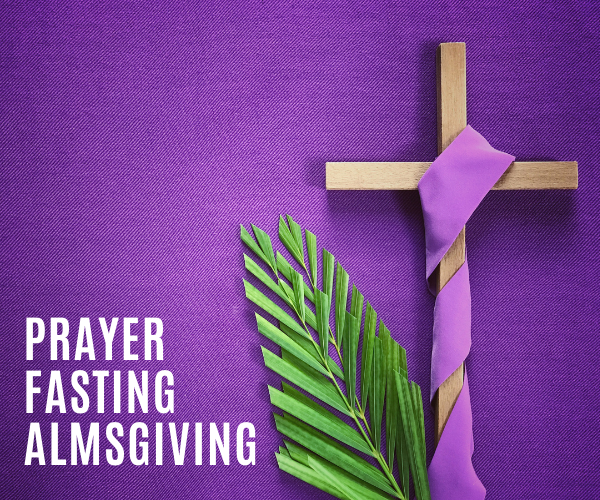
How many times one attends Mass and one’s mind is a million miles away! or distracted with the peculiarities of the person in the next seat! or thinking about what one has on for the rest of the day! or something that happened, better forgotten, that sticks in the mind! I am there physically, but my mind, my heart, is not there! A missal can help! or better the Universalis App on one’s mobile! Even if one is not distracted, it is easy to miss important aspects of the liturgy. There are depths to the liturgy that can never be exhausted.
Ash Wednesday
On Ash Wednesday, the priest used to administer the ashes, saying:
“Remember man, thou art but dust, and unto dust thou shalt return.”
Even in the benighted 1950’s and ’60’s no one thought that the generic “man” did not apply equally to male and female alike.
Today whoever administers the ashes is likely to say, less elegantly:
“Remember that you are dust, and to dust you shall return.”
Alternatively:
“Repent, and believe in the Gospel.”
Both admonitions are soundly based from a scriptural perspective. My edition of the RSV, in Genesis, has God say to Adam:
“In the sweat of your face you shall eat bread till you return to the ground for out of it you were taken; you are dust and to dust you shall return.”
Many times the biblical writers, especially the Gospel writers, recounting the words of Jesus of Nazareth, remind us to consider our lives, having regard to death, judgment, heaven, hell.
What Is Not In the Missal
If one attends Mass on Ash Wednesday, the Responsorial Psalm is Psalm 50 (51), the Miserere, attributed to David when the prophet Nathan came to him “after he had gone into Bathsheba”, as the RSV demurely says. This attribution is not in the Missal, so most attending Mass on Ash Wednesday will be unaware of the reference to King David.

David’s Murder of Uriah
In Samuel we have the jarring episode of David and Bathsheba, the wife of Uriah the Hittite, and later the mother of Solomon by King David. The Hittites were a distinct ethnic group, pagans, with whom the ancient Jews had conflict from time to time. By contrast, Uriah was at least sympathetic to the God of the Hebrews.
David from the roof of his house sees Bathsheba bathing. Bathsheba’s husband, Uriah, is away, fighting with David’s army. David commits adultery with Bathsheba who becomes pregnant. In order to hide his misdeed David arranges for Uriah to be sent home from the battle, hoping Uriah will spend time with Bathsheba. The noble Uriah refuses to spend time with his wife while his fellows are on campaign, and while the Ark of God is with the Israeli army. So, David arranges for Uriah to return to the battle, to be placed in the front-line, and then for the army to draw back. Uriah is exposed, and killed by the enemy. David takes Bathsheba as his spouse.
The prophet Nathan with a clever example, intended to enable David to see events from the perspective of Uriah, encourages David to see his misconduct. David acknowledges his sin, and repents.
King David
King David was the greatest of the Jewish kings, one of the greatest of the Jewish heroes. St Matthew’s Gospel starkly introduces Jesus Christ as the son of David, the son of Abraham.
According to Scott Hahn, the scripture scholar, the scriptural perspective on David is told:
- David and his descendants will be great kings;
- unlike Saul’s line, which was extinguished as a punishment for disobedience, the line of David will continue;
- the son of David, when anointed as king, is adopted as God’s own son;
- the kingdom of David’s sons is established “for ever”;
- the capital of the kingdom and the centre of worship is Jerusalem;
- David’s son would build “a house for my name”;
- The Temple was to become the centre of worship for Israel, and all the nations drawn to the Lord. The very structure of the Temple is to be erected by Gentiles and Israelites working together, Solomon’s men working side by side with the Phoenician artisans sent by King Hiram of Tyre.
According to Scott Hahn, the biblical perspective is that the Law, which epitomises wisdom, is to rule Israel. David’s son is King Solomon. Solomon’s wisdom drew the kings of the earth to his court. The wisdom literature, traditionally attributed to Solomon, son of David, reaches out to all mankind, leading all the nations to God. This is King David from a theological perspective.
Everyman
Bathsheba is one of the four women mentioned (though not by name) in Matthew’s Jesus of Nazareth. In the account of David and Bathsheba, David is not so much the great religious and civil leader of the Jews, but everyman, each of us, who has sinned, needing to repent and be converted.

Golden Rule
David’s conduct is to be considered in the light of the Golden Rule (“do unto others as thou would have done unto oneself”); in the light of an understanding of sin, and of God’s mercy, God’s forgiveness. John Finnis, author of Natural Law and Natural Rights, echoing the prophet Nathan’s rebuke to King David over his dealing with Bathsheba, highlights the Golden Rule as what he calls a “heuristic device”, encouraging one to consider one’s conduct from the perspective of the other. Understand what you have done from the other guy’s perspective!
The Golden Rule is a commonplace of human thought. In Tobit, one reads: “Do to no-one what you yourself dislike.” Confucius says: “Never do to others what you would not like them to do to you.” The Greek philosopher Thales says: “Avoid doing what you would blame others for doing.” Buddha says: “Hurt not others in ways that you yourself would find hurtful.” Mohammedsays: “As you would have people do to you, do to them; and what you dislike to be done to you, don’t do to them.” A traditional African proverb is: “One who is going to take a pointed stick to pinch a baby bird should first try it on himself to feel how it hurts.”
Miserere
The Miserere opens with:
“Have mercy on me, O God, according to your merciful love; according to your abundant mercy blot out my transgressions. Wash me thoroughly from my iniquity, and cleanse me from my sin!”
The Miserere invites a very detailed commentary, most recently and authoritatively undertaken, between 2001 and 2003, by St John Paul II in a series of meditations on the Psalms and Canticles. John Paul II, perhaps the greatest communicator of his time, was never afraid in his weekly audiences to deal with the most profound topics in the most profound manner. John Paul II never dumbed down his message.
Samuel
A primary source for this account of King David is 1 and 2 Samuel. Although separated in modern Bibles, Samuel is better read as a single piece of writing. Samuel is a remarkably sophisticated piece of writing, describing the complexity and inconsistency of its many characters, including both King David and King Solomon. The biblical writers can hardly be accused of idealising, of eulogising!
None of us is without sin, without the need for repentance and conversion. Every sin, every sinner, can be forgiven with God’s mercy. Thus, the Miserere is a prayer for each of us.

Prayer, Fasting and Almsgiving
The Gospel of Ash Wednesday deals with the traditional Jewish practices of prayer, fasting, almsgiving. Jesus of Nazareth endorses these practices, so that they are as much practices of Christians as Jews. Prayer, fasting, almsgiving involve self-giving. There is to be nothing of self-centredness or vanity in the way each of these practices are to be performed. Jesus is concerned, in the Sermon on the Mount, not with outward practices, but intention, with the heart. This also is highlighted in the Miserere:
“The sacrifice which is acceptable to God is a broken spirit;
a broken and contrite heart, O God, you will not despise.”
A lawyer, acting pro bono on behalf of some poor or disadvantaged person, ought not do so as part of a marketing strategy, but unobtrusively, out of the goodness of one’s heart! How far all this is from corporate capitalism!
All this is part of Ash Wednesday: Adam, remembering his mortality; David, remembering his need for authentic repentance and conversion. Within the liturgy of Ash Wednesday, we can each find ourselves.
Michael McAuley
26 February 2023
